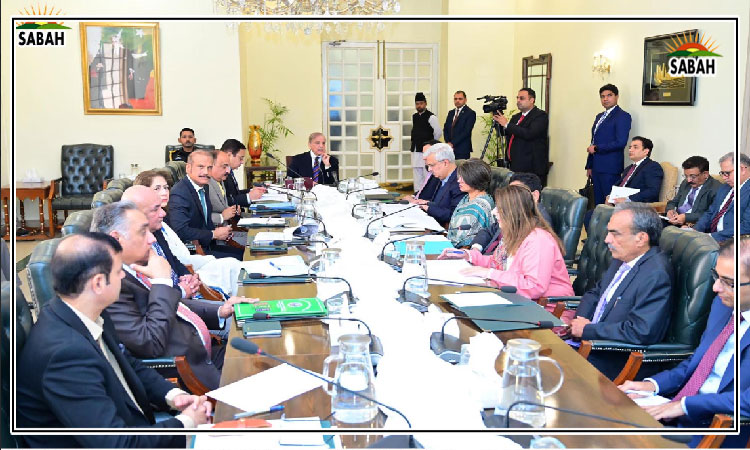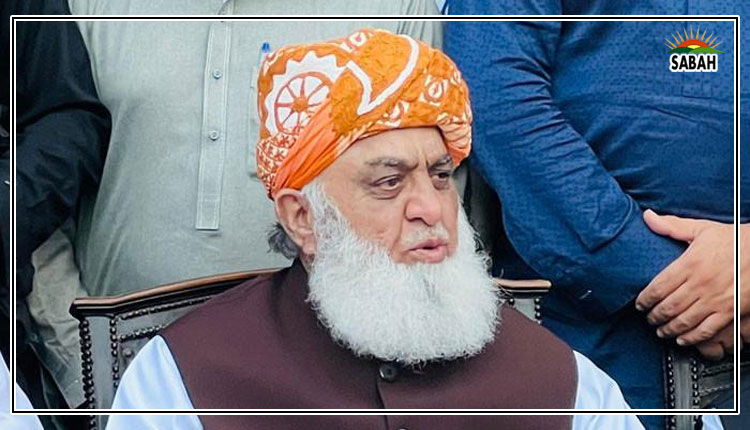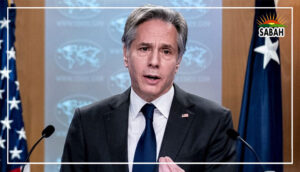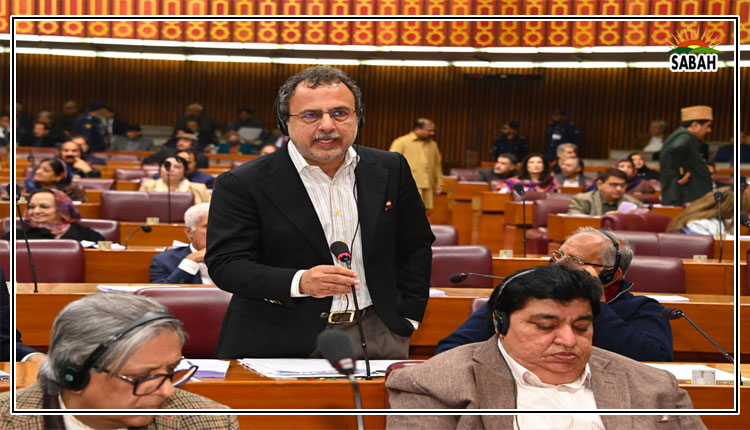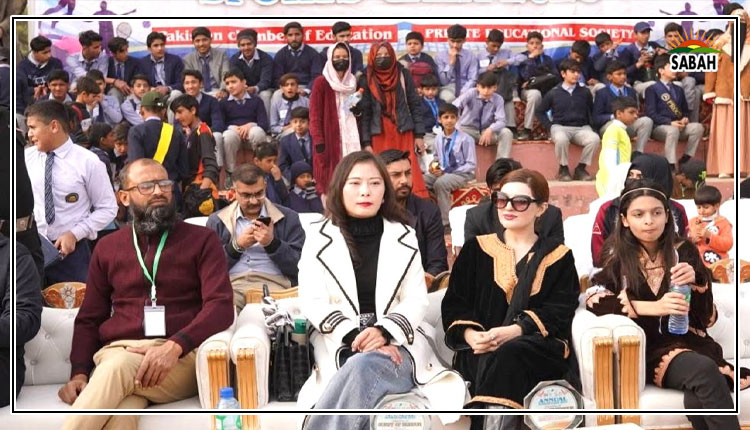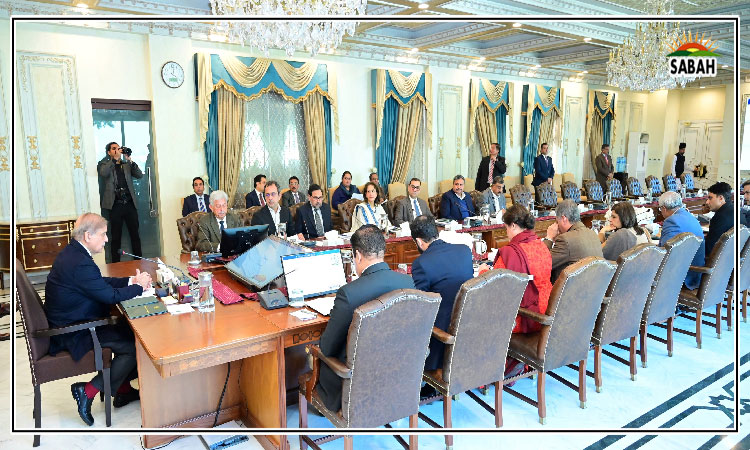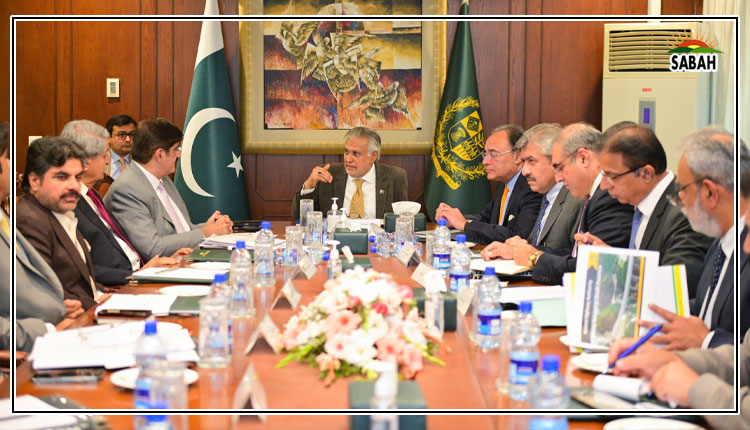Rebuilding higher education post Covid-19…Dr Asghar Zaidi
My decision to move back to Pakistan in 2019 was driven by a commitment to improving higher education standards here. Soon after, the Covid-19 crisis hit, changing the way education was delivered worldwide. Universities had to rely more often on technology and remote learning, which was a big challenge for maintaining high learning standards, both in Pakistan and globally.
Internationally, many universities responded by merging resources, campuses and departments to become stronger. In Pakistan, however, the focus was on increasing the number of universities and their affiliated colleges, often without enough resources. This led to lower standards in curriculum and assessment to handle the growing number of students.
As Vice Chancellor of Government College University (GCU) Lahore, my alma mater, I had the chance to use my experience from leading global institutions like Oxford University and the London School of Economics. But from the start, I faced many challenges that needed both immediate solutions and long-term strategic planning.
Most Pakistani universities struggled with faculty professionalism, showing the need for ongoing professional development and better recruitment processes. Assessing teachers and students lacked rigour, highlighting the need for strong evaluation systems to maintain academic standards. Administrative processes were inefficient and uncoordinated, requiring restructuring for better transparency and accountability. GCU, despite its prestigious status, faced similar challenges in maintaining high standards in academics and governance.
Moreover, the infrastructure at both the Main and New Campuses of GCU was inadequate, leading to a less-than-optimal learning environment. Classrooms and lab facilities were inadequate, and evening programmes needed reforms to match the quality of the morning programmes. Irregularities in student and faculty admissions made things more complicated, emphasising the need for fair and merit-based selection processes.
I committed to closing these gaps and steering GCU Lahore to higher standards. We changed assessment policies to balance semester work with project-based assignments, essays and open-book exams. This helped promote collaboration and analytical skills, which were often overlooked in traditional exams. We also introduced hands-on learning experiences, allowing faculty to hold off-campus classes, giving students practical insights.
With the help of the new Directorate of Information Technology, we developed more hybrid teaching methods and trained faculty with our new Online Learning Policy. We implemented a Learning Management System (LMS) and made good use of Microsoft Teams provided by the Higher Education Commission (HEC).
To support teacher training further, we established a Directorate of Academics. This body trained newly hired faculty, introducing them to the university and the new teaching and assessment methods. This initiative ensured that new hires were ready to engage with our innovative educational practices.
Maintaining quality in hiring during a time when many academics were leaving was crucial. In 2021, we introduced a rubric-based assessment for hiring academic leaders at GCU. This assessment considered a broader set of skills, such as securing funds, societal impact, organising conferences and publishing books. This higher standard favoured proactive and prolific candidates over those with just a standard number of publications.
Another pressing issue has been retaining and developing quality teachers in public universities and providing them with a productive environment for continuous growth. Many universities, like GCU, which were upgraded from colleges, still operated under an outdated seniority-based system. At GCU, we introduced Key Work Objectives (KWOs) to replace the old annual performance review. This change helped academics plan better and align with the universitys overall strategic vision.
Our work is far from done. The post-Covid era has brought significant challenges for higher education in Pakistan. However, with targeted reforms and a focus on quality over quantity, institutions like GCU Lahore are starting to build a stronger and more dynamic educational system.
Moving forward, we need a steadfast commitment to advancing quality education. This means consolidating our existing initiatives and expanding them to meet international standards. We need to streamline all our academic programs and departments and ensure comprehensive pedagogical training for our faculty to support a world-class curriculum.
Meticulous financial planning will be necessary, with transparent governance and collaboration between academic and administrative colleagues. By incentivising research and nurturing interdisciplinary projects in our new institutes of excellence, GCU can become a leading center for advanced scholarship.
Further infrastructure development will improve facilities and create optimal learning environments. Our use of development funds will focus on sustainable projects like solar energy systems and state-of-the-art laboratories, aligning with global standards.
We will be expanding the new Centre of Excellence in Biomaterial Sciences and Tissue Engineering for its global relevance. We will also strengthen student-focused initiatives, including active learning and extracurricular activities, to foster the holistic development of graduates who are not only academically proficient but also socially responsible and globally aware.
Community engagement will be deepened through strategic international partnerships, impactful outreach initiatives and efforts aimed at societal betterment. By collaborating with esteemed institutions worldwide, GCU Lahore will emerge as a renowned intellectual hub, attracting scholars and students from around the globe. May Allah guide our efforts as we strive for excellence in education!
Courtesy The Express Tribune


